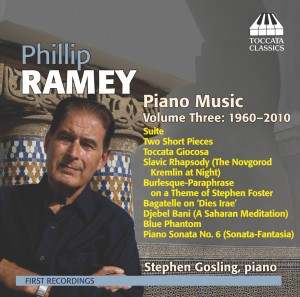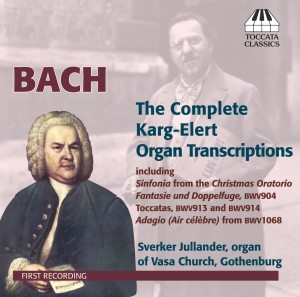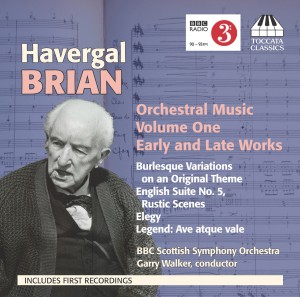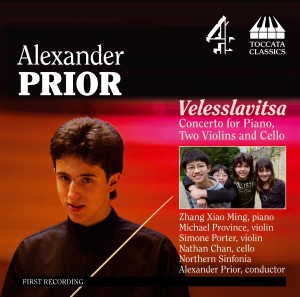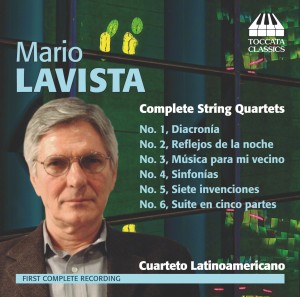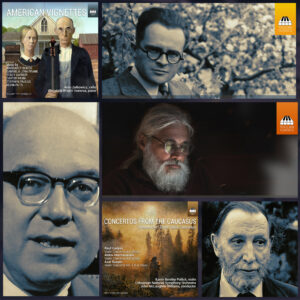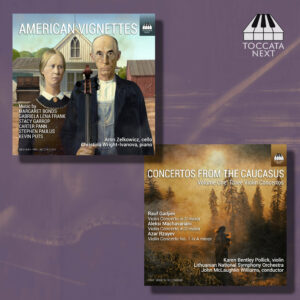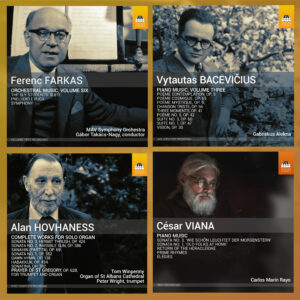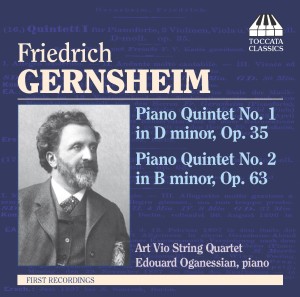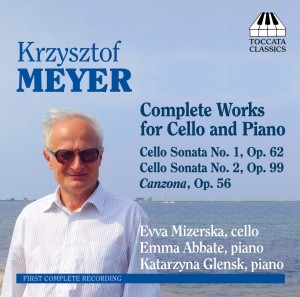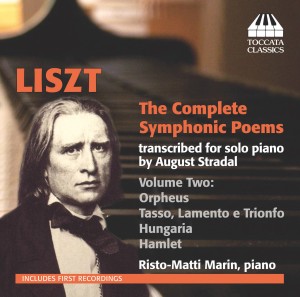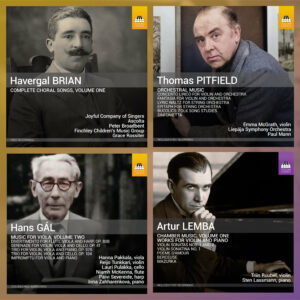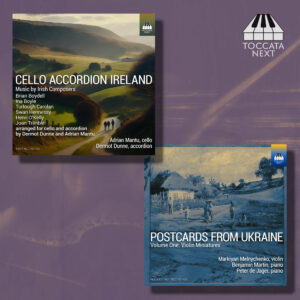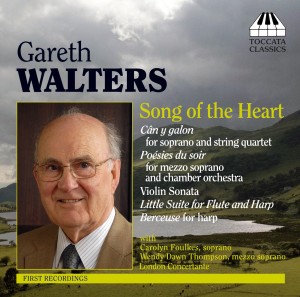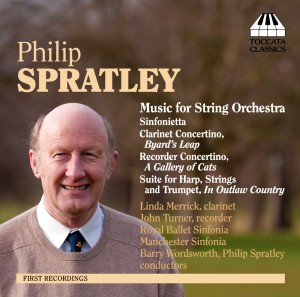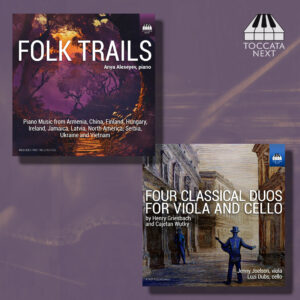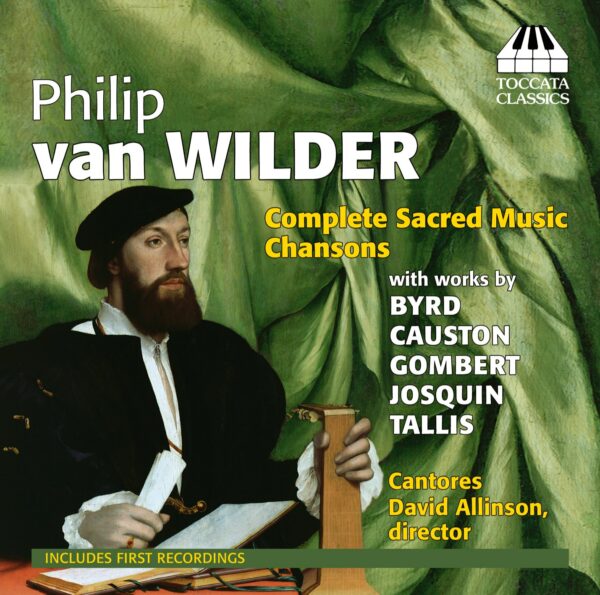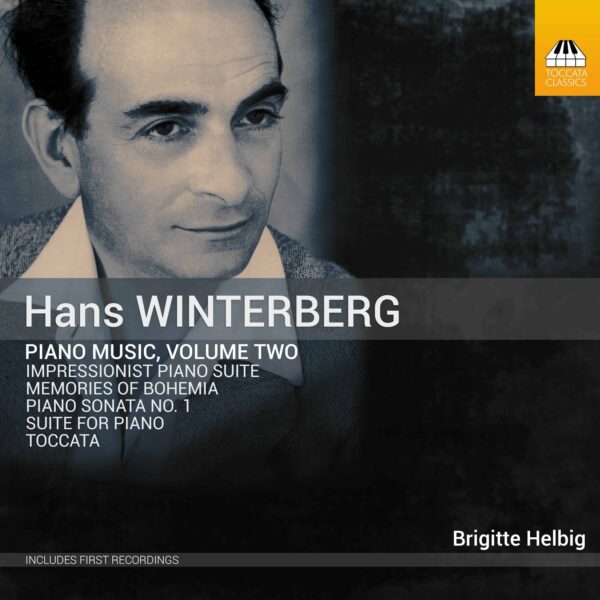Search Results for "Space Wolf: The First Omnibus mp3 torrent" – Page 44
Phillip Ramey: Piano Music, Volume Three: 1960-2010
The piano music of the American composer Phillip Ramey (b. 1939) is rooted in the motoric athleticism of Prokofiev and Bartók, seasoned with sober lyricism, spicy modernist dissonance and a fresh approach to the grand Romantic gesture. Covering a span of half a century, this third Toccata Classics album includes the vivacious early Suite, the sparkling Toccata Giocosa, the atmospheric Slavic Rhapsody, the parodistic Burlesque-Paraphrase on a Theme of Stephen Foster and the exotic Djebel Bani (A Saharan Meditation), concluding with the virtuosic, highly dramatic Sixth Sonata.
Stephen Gosling, piano
Bach: The Complete Karg-Elert Organ Transcriptions
During his lifetime the Leipzig-born Sigfrid Karg-Elert (1877-1933) was a well-known harmonium player and pianist. It was his organ music that made him internationally famous as a composer, especially in Britain and the USA. Today, too, his own organ music is frequently recorded and heard in recitals, but his many organ transcriptions are less familiar. After Wagner, Bach was the composer whose music Karg-Elert transcribed most often, carefully choosing the pieces best suited to the dynamic and colouristic possibilities of the late Romantic organ.
Sverker Jullander, organ
Havergal Brian: Orchestral Music, Volume One
The English composer Havergal Brian (1876-1972) had one of the longest creative careers in all music: the music on this CD spans 65 years, from the early Burlesque Variations, written in 1903 in partial response to the 'Enigma' Variations of Elgar, who was a friend of Brian's, to the second-last work he ever composed, the 'Legend' Ave atque vale of 1968 — music of astonishing vigour and energy for a 92-year-old.
BBC Scottish Symphony Orchestra, orchestra
Garry Walker, conductor
Alexander Prior: Velesslavitsa, Concerto for Piano, Two Violins and Cello
In spring 2009 Channel 4 sent the sixteen-year-old British-Russian composer-conductor Alex Prior around the world: his task, to find 'The World's Greatest Musical Prodigies' for a TV series with that title and to compose a concerto for them, which Alex would conduct. The resulting work, Velesslavitsa (the title means 'Glory to Veles', the god of music in ancient Slav cultures), is steeped in the Russian Romantic tradition, with echoes especially of Mussorgsky and Rimsky-Korsakov. This live recording features the ten-year-old Chinese pianist Zhang Xiao Ming, the American violinists Simone Porter and Michael Province, twelve and thirteen, and the fifteen-year American cellist Nathan Chan.
Alexander Prior, conductor
Zhang Xiao Ming, piano
Michael Province, violin
Simone Porter, violin
Nathan Chan, cello
Northern Sinfonia, chamber orchestra
Mario Lavista: Complete String Quartets
The influences on the work of Mario Lavista (b. 1943), Mexico's leading contemporary composer, range from mediaeval, religious and folk music to modernism. His music has a powerful sense of atmosphere and colour — the Second String Quartet, Reflejos de la noche, is played entirely on harmonics — and a vigorous rhythmic drive reminiscent of the quartet-writing of Shostakovich.
Cuarteto Latinoamericano, string quartet
July 2025 Double Bundle
Included in this bundle:
July 2025 Toccata Next Bundle
Included in this bundle:
July 2025 Bundle
Included in this bundle:
Friedrich Gernsheim: The Two Piano Quintets
The music of the German composer Friedrich Gernsheim (1839-1918) is gradually beginning to emerge in recordings, revealing him as one of the finest composers of his age. His two piano quintets are tightly constructed, powerfully argued and full of rhythmic energy, and also abound with memorable tunes. They are, in fact, both masterpieces, among the very best of German Romantic chamber music, ranking alongside the Brahms and Schumann works.
Art Vio String Quartet
Edouard Oganessian, piano
Krzysztof Meyer: Complete Works for Cello and Piano
Krzysztof Meyer, born in Kraków in 1943 and a student of Penderecki, Lutosławski and Nadia Boulanger, is one of the leading Polish composers of the day. His music marries a powerful sense of drama with a long-breathed lyricism in a largely tonal framework, placing him downstream from Shostakovich, who was a friend and supporter of the young composer. Of his two cello sonatas (1983 and 2004) and Canzona (1981), Meyer writes, 'I wanted the melody to be predominant — not a post-Romantic cantilena but absolutely contemporary. And the cello, like no other instrument, is perfect for that'.
Evva Mizerska, cello
Emma Abbate, piano
Katarzyna Glensk, piano
Franz Liszt: Complete Symphonic Poems, transcribed for solo piano by August Stradal, Volume Two
Although Liszt's thirteen symphonic poems exist in two-piano transcriptions prepared by the composer himself, it was his Czech student August Stradal (1860-1930) who was to transcribe them for solo piano — versions which demand almost superhuman virtuosity. As Malcolm MacDonald writes in his booklet essay, Stradal's versions 'transform these revolutionary orchestral compositions into viable and effective piano works, faithfully preserving their masterly musical substance'. A Fanfare review of Vol. 1 in this series had high praise for Risto-Matti Marin's pianism: 'One marvels at the stamina that can keep such a plethora of detail in place with such relentless élan; at his narrative shaping, which can turn up an already withering heat, so to speak, at climactic moments; at his overarching persuasiveness'.
Risto-Matti Marin, piano
June 2025 Bundle
Included in this bundle:
May 2025 Toccata Next Bundle
Included in this bundle:
- <a href="https://toccataclassics.com/product/cello-accordion-ireland/
- Classical Duos for Viola and Cello
Gareth Walters: Song-Cycles and Chamber Music
The Welsh composer Gareth Walters (1928-2012) studied with Jean Rivier and Olivier Messiaen in Paris in the early 1950s, inheriting a formal elegance which characterised his music ever after, enhanced on this disc by a nocturnal, serenade-like quality. The two song-cycles on this disc — C√¢n y galon ('Song of the Heart'), set in Welsh, on aspects of love, and Poésies du soir, which evoke the calm of summer evenings — share the song-writing clarity of Britten, whose early encouragement galvanised Walters' career as a composer. They enclose the buoyant, Celtic-coloured Little Suite for Flute and Harp, the expansive Violin Sonata and the gentle Berceuse for harp.
Carolyn Foulkes, soprano
Sally Pryce, harp
Adam Walker, flute
Adam Summerhayes, violin
Nicola Eimer, piano
Wendy Dawn Thompson, mezzo soprano
London Concertante, ensemble
Gregory Rose, conductor
Philip Spratley: Music for String Orchestra
This CD reveals a fresh, original and immediately attractive voice in British music. Philip Spratley, born in Nottinghamshire in 1942, has his roots in English folksong and his compositions are strongly evocative of the countryside — though animated by a rhythmic vivacity and drive that recalls Shostakovich, Britten and Tippett. Spratley's music also abounds in memorable melodies, and his ability to write tunes with the ring of folksong about them reveals him as a true heir of Holst and Vaughan Williams.
Philip Spratley, conductor
Linda Merrick, clarinet
John Turner, recorder
Tracey Redfern, trumpet
Eira Lynn Jones, harp
Royal Ballet Sinfonia, orchestra
Barry Wordsworth, conductor
Manchester Sinfonia, orchestra
April 2025 Toccata Next Bundle
Included in this bundle:
Your Basket
Stay In the Know
JOIN THE TOCCATA NEWSLETTER
"*" indicates required fields
By visiting our site, you agree to our privacy policy regarding cookies, tracking statistics, etc.
